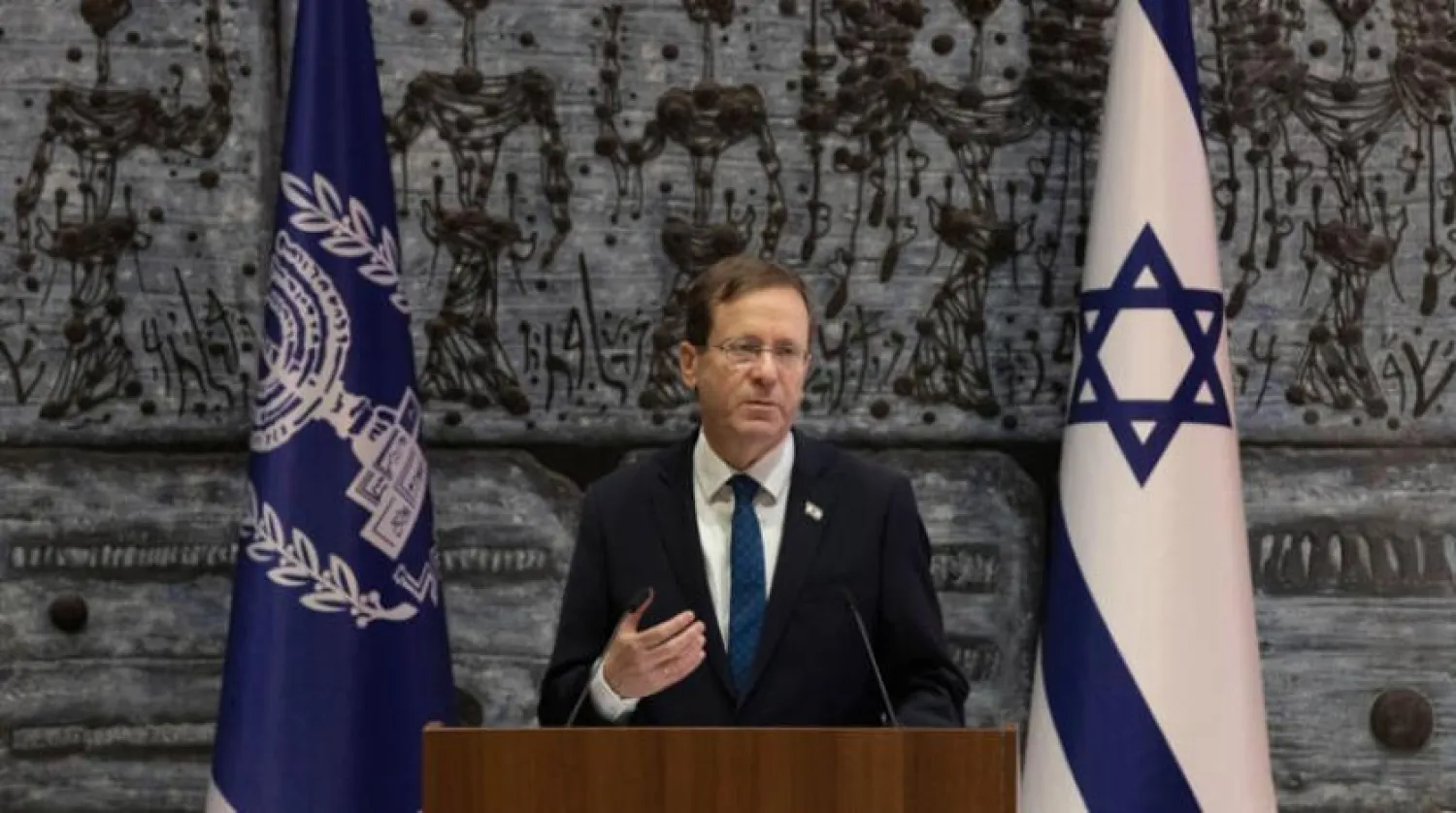Israeli President Isaac Herzog is expected to contact Turkish President Recep Tayyip Erdogan to end the issue of the Israeli couple detained in Turkey after their detention was extended for 20 more days, Israeli media reported.
The couple were detained on suspicion of espionage after taking photos of the palace of the Turkish president.
Ynet newspaper said that the matter is now a diplomatic incident, and the couple has become a bargaining chip.
A Turkish court on Friday extended extended their remand by 20 days, according to The Times of Israel.
In a statement issued late Friday, Israeli Foreign Minister Yair Lapid denied claims that the couple work for an Israeli agency.
He said his department has been in regular contact with the couple and is trying to secure their release.
The Police detained the couple Natalie and Mordi Oknin after Camlica tower’s employee claimed they were taking photographs of Erdogan’s nearby home from the tower’s restaurant earlier this week.
Lapid spoke with the couple's family and reassured them that the Israeli Foreign Ministry had sought an urgent consular visit and was "acting on all levels to ensure their release."
The defendants’ lawyer, Nir Yaslovizh, said that the couple only photographed the palace to send the photos to their relatives, without knowing that it was illegal to take photos of the residence.









